Planning Pays Off: 5 Strategies to Get the Most Out of Your Delivery Speed Choice
September 30, 2024
5 min read
Introduction
Today, businesses have numerous options for communicating with customers. Of these, the WhatsApp Business Platform is undeniably a popular favorite. In 2023, WhatsApp Business had over 200 million monthly active users. But how does it hold up compared to other communication channels?
In this guide, we’ll examine WhatsApp Business Platform’s pros and cons and compare it to other widely used channels, such as email, social networking, and live chat. This comparison will help you decide which channel best suits your business.
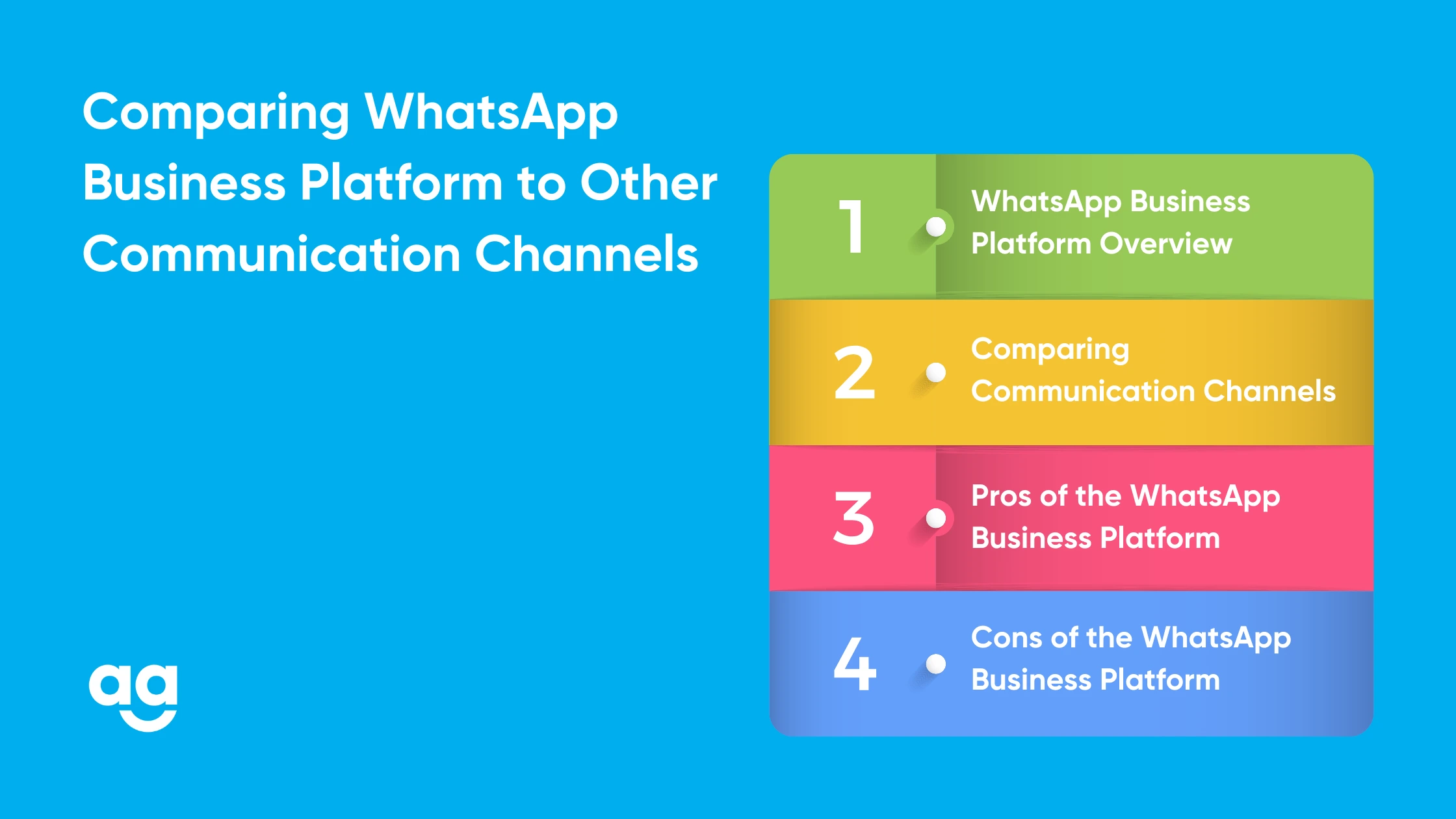
WhatsApp Business Platform Overview
The WhatsApp Business Platform opens up an entirely new way to engage with customers. It enables companies to reach their customers more intimately and directly than is conceivable through conventional channels.
Features like ease of use, direct messaging, and easy attachment of text, images, video, and documents make WhatsApp an agile real-time engagement channel.
Comparing Communication Channels
WhatsApp Business Platform vs. Email
WhatsApp is a real-time communication channel, while email responses are sometimes late. Besides, the engagement ratio is always higher in WhatsApp because messages get marked as spam.
Though emails can be sent with detailed formatting and attachments, WhatsApp supports multimedium and quick replies, which might increase customer interactions.
WhatsApp Business Platform vs. Social Media
Social media platforms such as Facebook and Instagram are good for wide-reaching engagement and visibility. WhatsApp, in turn, offers a much more private and personal engagement.
While social media is best fitted for public-facing communication and sharing of content, WhatsApp is best for one-on-one customer support and direct messaging.
WhatsApp Business Platform vs. Live Chat
Live chat offers real-time support on websites, similar to WhatsApp, but WhatsApp’s mobile nature provides more flexibility.
Along with live chat systems, CRM tools for managing better customer data can be found, though WhatsApp does the same when it integrates itself into various business tools.
Both platforms give instantaneous responses, but WhatsApp makes the experience a lot more personal.
Pros of the WhatsApp Business Platform
The WhatsApp Business Platform is personalized and immediate and supports multimedia. Its global usage means that one does not have to pay a subscription or use any tool to reach people anywhere in the world.
This makes WhatsApp Business relatively cheaper than other platforms that require subscriptions for their use or the use of other tools.
Cons of the WhatsApp Business Platform
With all the advantages, WhatsApp may lack some integrations compared to more mature CRM systems, and because of the app’s nature, some customers may raise privacy concerns.
Businesses handling an exhaustive list of customers may find it challenging to process so many messages.
Conclusion
WhatsApp Business Platform makes a very strong case for businesses that especially need to talk to customers directly and personally. Each channel has its strengths; hence, it’s difficult to choose among them generically, and the best one depends on your particular business needs and goals.
For more on how to leverage your communication channels and run your business more effectively, do feel free to check out some of the detailed solutions offered at Shipyaari Delta.
Sign up today with Shipyaari to find out how you can smooth out your logistics, making the processes of order management, tracking shipments, and handling customer interactions seamless and truly effective.
Frequently Asked Questions
The business platform values customer privacy. It uses end-to-end encryption, allowing only the sender and the receiver to read messages, which protects sensitive information from unauthorized access.
Yeah, WhatsApp Business Platform allows the setup of automated responses, such as greeting messages and quick replies. This helps manage customer inquiries efficiently and ensures timely communication.
While the WhatsApp Business application is free, the business platform does have a cost for larger businesses and enterprises. Other possible costs may include but are not limited to charges related to WhatsApp’s API usage, priced on a per-volume and specific-service basis
The business platform could be integrated with CRM systems, various marketing platforms, and analytics. Integration is generally done via the WhatsApp Business API.
Suggested Reads
Hyperlocal Personalization: Tailoring Experiences for Local Customers
Introduction The eCommerce industry in India has witnessed a rapid growth of hyperlocal services in
Continue ReadingDec






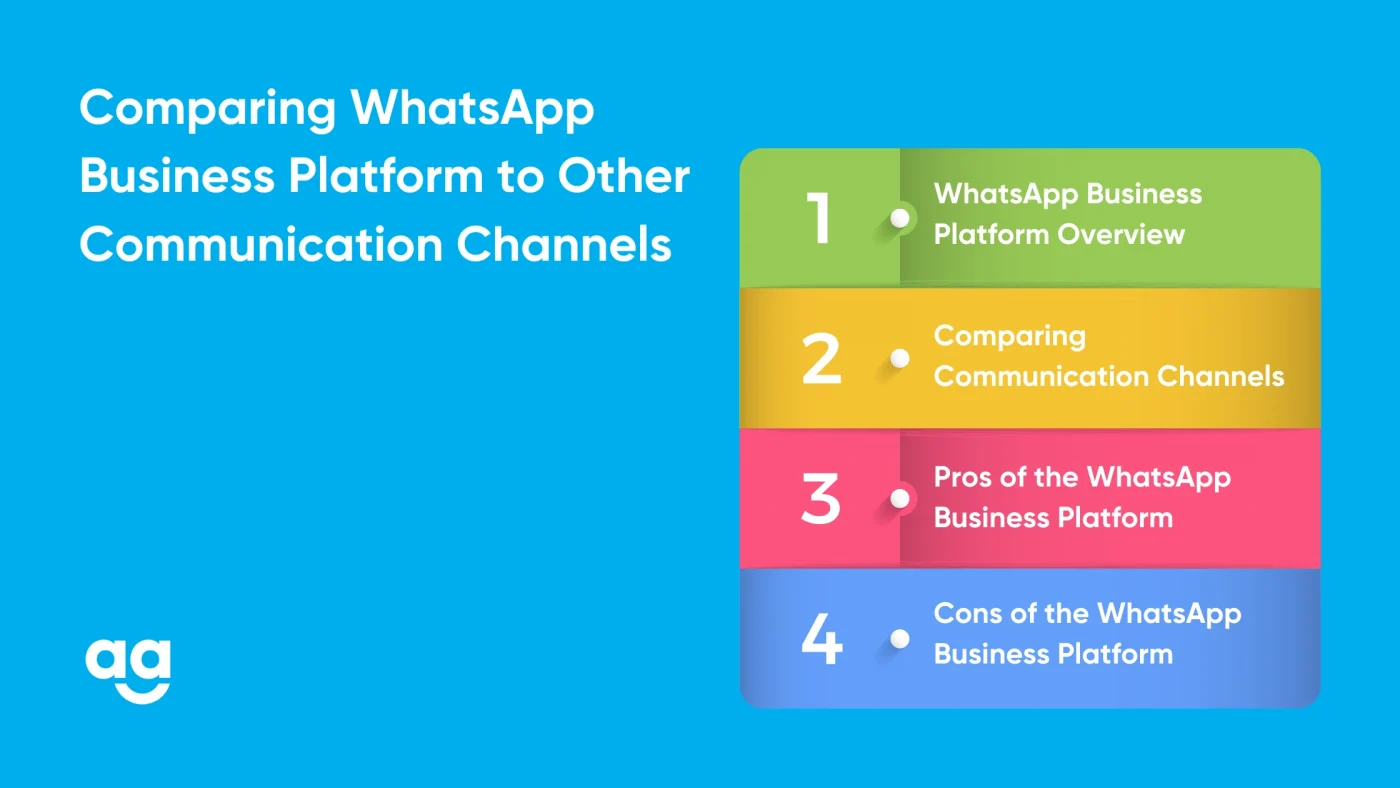



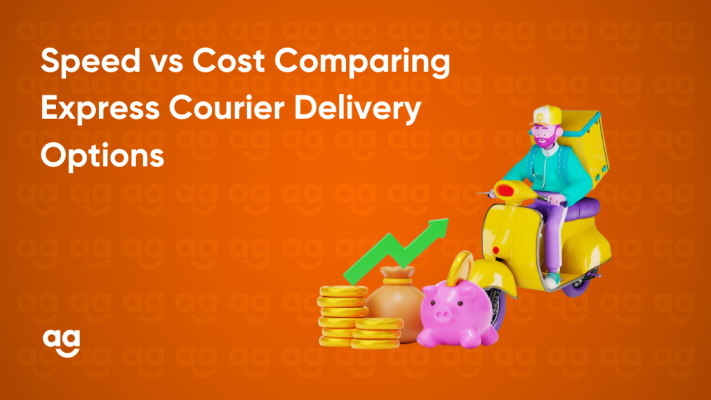

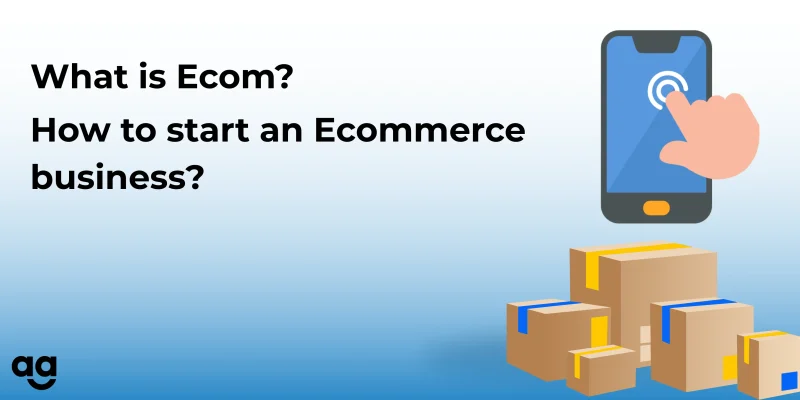

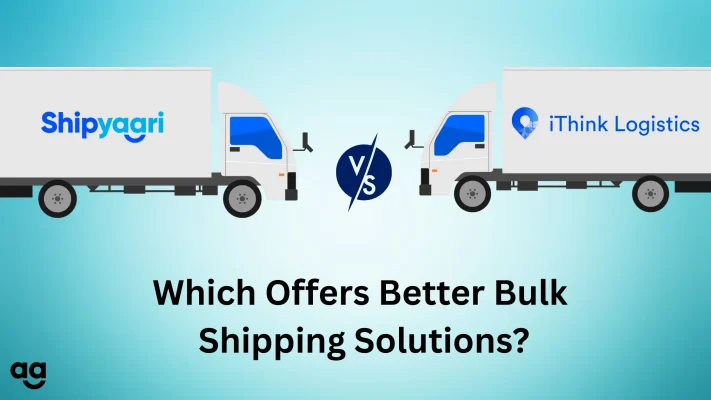

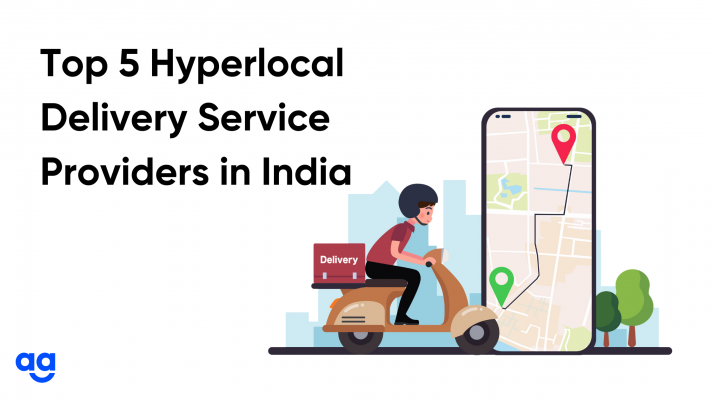
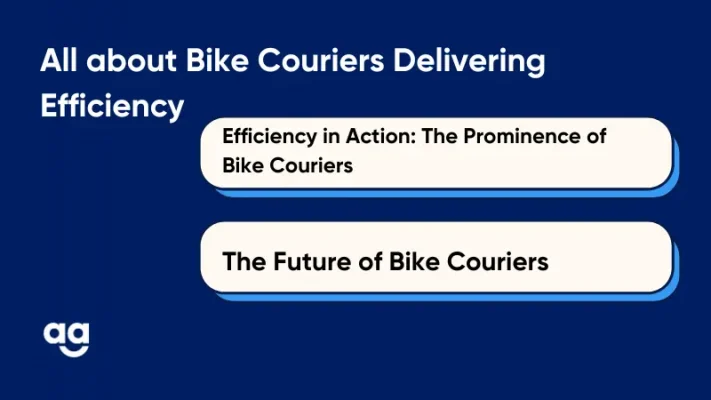
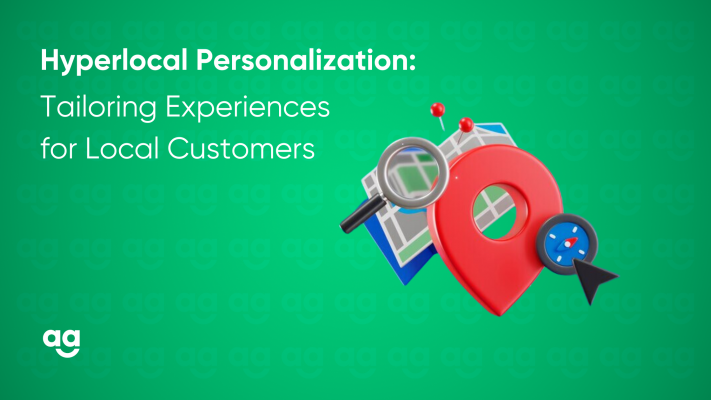
 Shipping
Shipping







